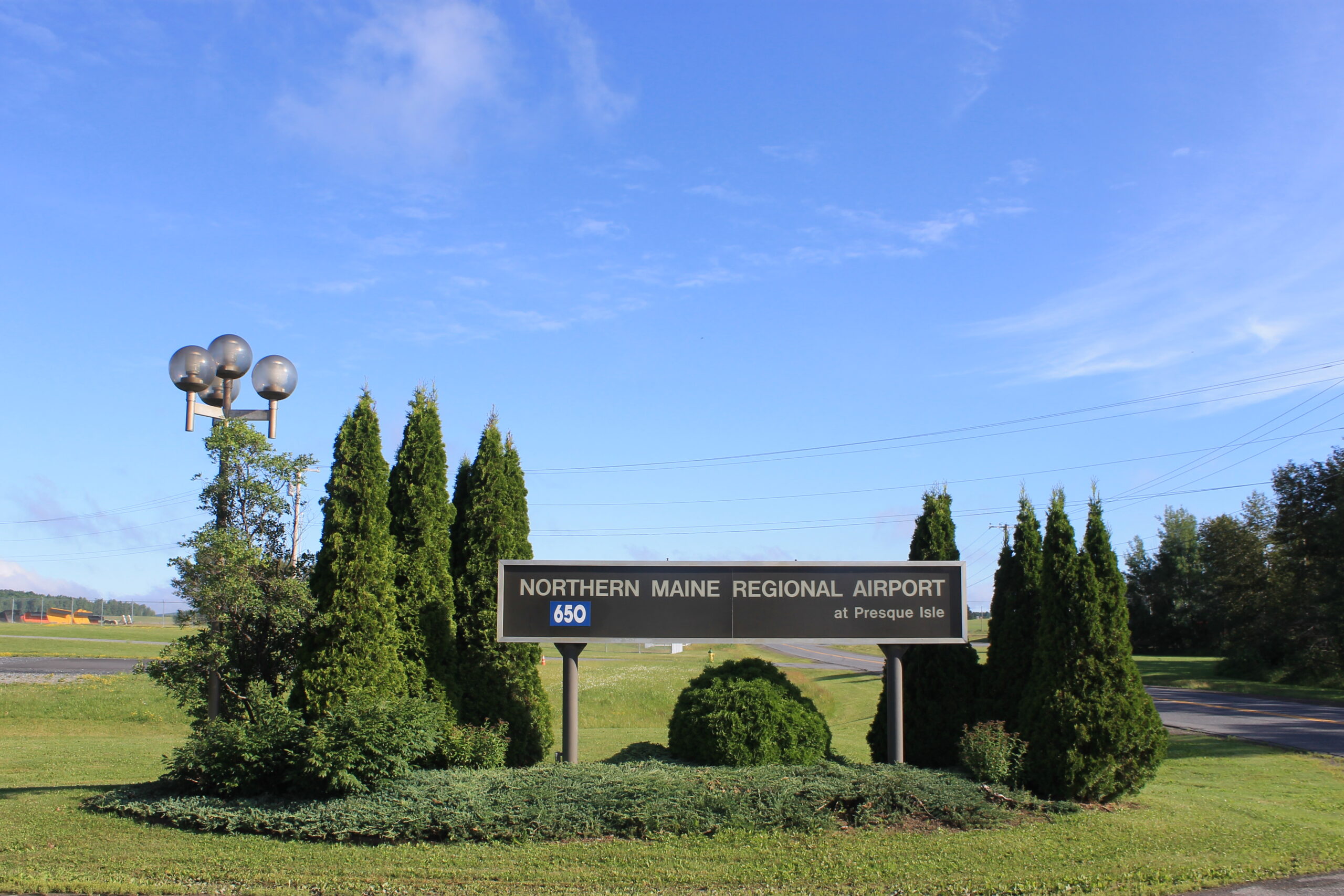PRESQUE ISLE, Maine — The Alaska-based airline company that provides the only passenger air link between Boston and Presque Isle has filed for Chapter 11 bankruptcy, but is vowing to continue its East Coast flight service.
On Monday, Alaska-based PenAir announced that it is seeking a Chapter 11 reorganization and is ending its flight service from Portland, Oregon and Denver, Colorado.
The company said that it will, however, maintain its Boston regional hub that operates flights to Bar Harbor, Presque Isle and Plattsburg, New York, along with its Alaska routes.
“The steps we are taking today will allow PenAir to emerge as a stronger airline, while continuing our focus on safe operations,” said PenAir CEO Danny Seybert in a media release.
Filing for Chapter 11 bankruptcy in court would allow the company to seek temporary protections on its debts and reorganize its business lines and workforce. PenAir currently operates regional hubs from four states, and several of its routes are part of the federally-subsidized Essential Air Service program that incentivizes air routes to rural locations, including the Boston to Presque Isle route.
“We will be working with a restructuring officer to present a reorganization plan that will allow the management team to focus on our employees, safe operations, retiring debt and taking care of our customers,” Seybert said.
The privately-held company has not identified exactly what led to the Chapter 11 filing. A spokesperson for the company did not respond to a request for comment, but in an interview with the Alaska Dispatch News Seybert said that the company’s Denver, Colorado, and Portland, Oregon, hubs have “not done as well” as the Alaska and Boston hubs.
In the media release, PenAir said that the bankruptcy “will not affect scheduled air service operations in Alaska or Boston.”
“Passengers in both the Alaska and Boston markets can expect continued operations with no changes to scheduled flight service,” the press release said. “Employees in these markets will play a critical role in the reorganization process.”
PenAir has filed a request with the U.S. Department of Transportation to end its Essential Air Service (EAS) routes from Denver and Portland, and expects to end those flights within 90 days of approval for termination.
The EAS program was created in 1978 to help keep air service connections in rural regions amid the deregulation and consolidation of the airline industry. The program distributes around $200 million annually to EAS carriers, with funding from fees paid by foreign aircraft flying over the United States and the Federal Aviation Administration’s Airport and Airways Trust Fund, according to the Regional Airline Association.
The Northern Maine Regional Airport in Presque Isle is one four Maine airports with airlines subsidized under the Essential Air Service or EAS program, along with the Knox County Regional Airport in Owls Head, Bar Harbor Airport in Trenton, and Augusta State Airport.
Airlines with flight service contracts at those four airports this year are receiving about $10 million under the EAS program. More than $5 million of that goes to Pen Air’s daily Presque Isle-Boston route, a roughly 1.5 hour trip serviced by a 33-seat Saab 340.
The Northern Maine Regional Airport has been served by an EAS-supported airline since 2001, first by now-defunct Colgan Air and since 2012 by PenAir.
Last year, 12,398 people flew to or from Presque Isle on PenAir, according to Scott Wardwell, director of the Northern Maine Regional Airport. 2016 was down slightly from 2015, but still the second-best year since PenAir has operated the service in Presque Isle, Wardwell said.
“To date, we’re just about even with 2016,” he said of this year’s passenger flight trends.
While PenAir’s Boston and Presque Isle flights can seem relatively empty to some passengers, as far as rural, EAS-supported airlines go, the numbers are strong, Wardwell said.
Wardwell said that New England travellers who rely on PenAir — including a number of Presque Isle-area businesses — should not worry about the company’s bankruptcy filing because it’s largely related to West Coast operations.
“PenAir made it pretty clear that Presque Isle was more the solution than the problem,” Wardwell said. “That’s good news for the travelling public.”
- An aerial view of the Presque Isle International Airport and vicinity. (Courtesy of Presque Isle International Airport)
PenAir has been operating since 1955 and has survived as a regional airline, at the same time that many regional carriers are “going through some significant problems.” For instance, Republic Airlines, the second largest regional carrier in the U.S. and the operator of multiple flights for other airlines from Bangor and Portland, just emerged from Chapter 11 bankruptcy, Wardwell said.
Among other things, Wardwell said that regional carriers especially have had to adapt to deal with a pilot shortage driven by 2013 regulation change that increased the required number of flight experience for new airline co-pilots from 250 hours to 1,500 hours.
“It’s had a really dampening effect on the regional airline and has resulted in a pilot shortage,” Wardwell said.









